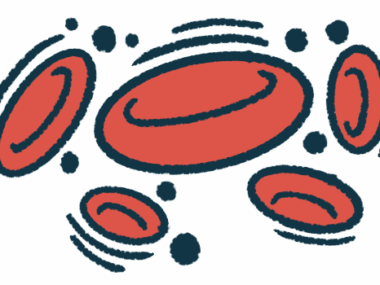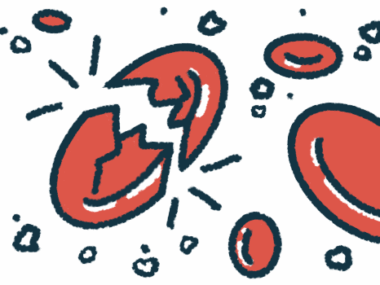Spoon Theory in Cold Agglutinin Disease
Written by |

Many patients with cold agglutinin disease (CAD) experience fatigue and chronic joint pain. They may feel tired and rundown every day, which can make it hard to accomplish daily tasks.
If you have CAD, it can be difficult to explain the situation to friends and family, who may not understand the limits of your energy supplies, but one simple analogy can help. It’s called the spoon theory.
What is the spoon theory?
The spoon theory is an analogy that was first described by Christine Miserandino, a woman with lupus (another chronic disease). She used this analogy to explain to a friend what it’s like to live with a chronic illness.
According to the analogy, you start the day with 12 spoons. You give up one spoon for each task you perform: meeting with friends, running an errand, etc. When the spoons are gone, that’s it — your energy for the day is exhausted.
Healthy people may have the energy necessary to accomplish all their tasks on a given day. According to the analogy, healthy people have an unlimited number of spoons. They also get more spoons back from resting than would a person with a chronic disease.
For people with a chronic disease such as CAD, the supply of spoons is limited, and longer, more focused rest is needed to replenish the supply. So the spoon theory illustrates that people with a chronic disease have a limited store of energy that must be spent carefully. In other words, patients must choose carefully on how to “spend” their “spoons.” For instance, spending time with a friend means that the patient will not have the energy to run an errand (shopping for groceries, doing laundry, or cleaning the house).
How can spoon theory help patients?
Knowing that you have limited energy makes it essential to prioritize the things you have to do each day. Be compassionate with yourself if you address only the most important things and other tasks need to be pushed to another day.
Practice self-care and do not feel that all of your energy must be spent on prioritizing other people’s needs. Remember: these are your spoons! You get to decide how they are best spent.
Last updated: Jan. 3, 2020
***
Cold Agglutinin Disease News is strictly a news and information website about the disease. It does not provide medical advice, diagnosis, or treatment. This content is not intended to be a substitute for professional medical advice, diagnosis, or treatment. Always seek the advice of your physician or other qualified health provider with any questions you may have regarding a medical condition. Never disregard professional medical advice or delay in seeking it because of something you have read on this website.





